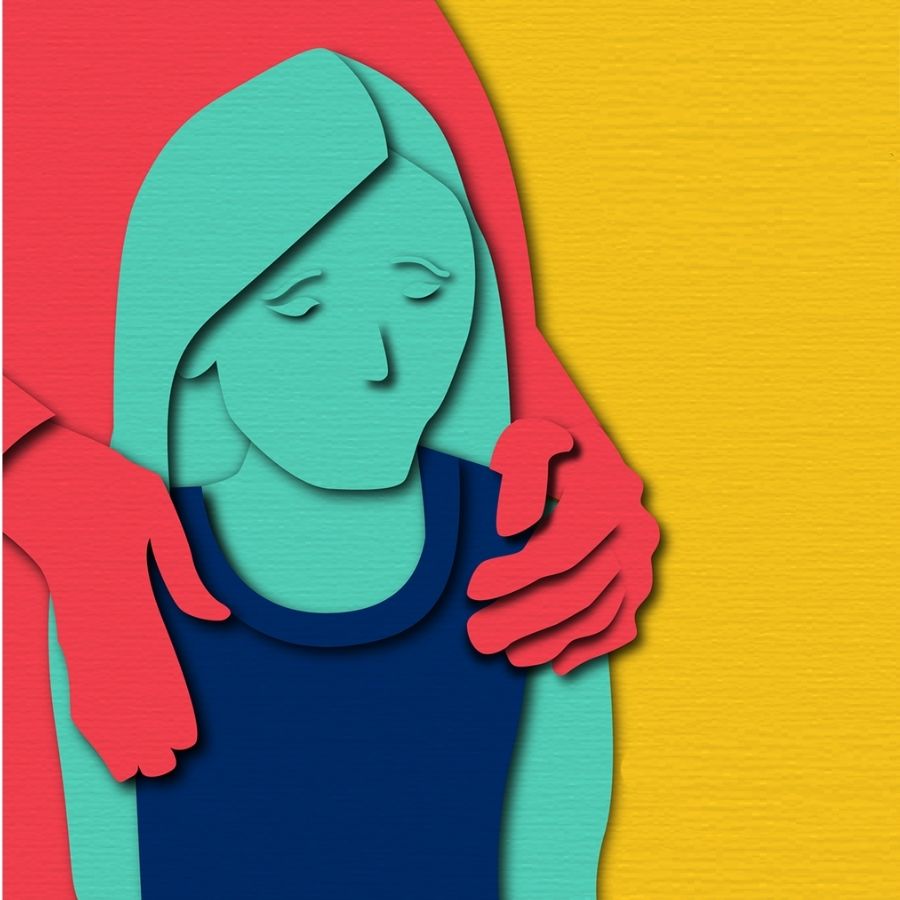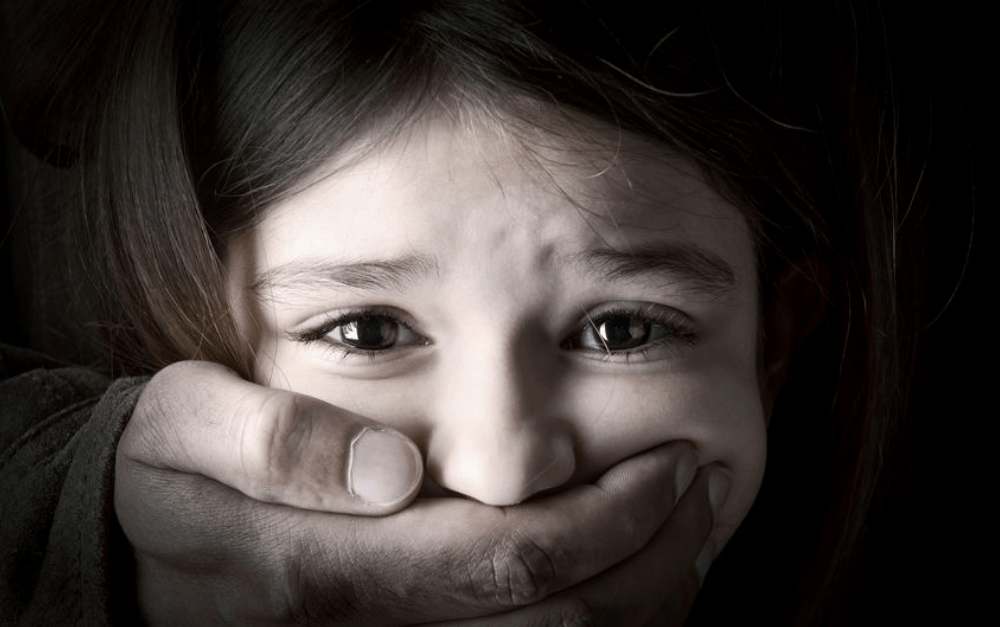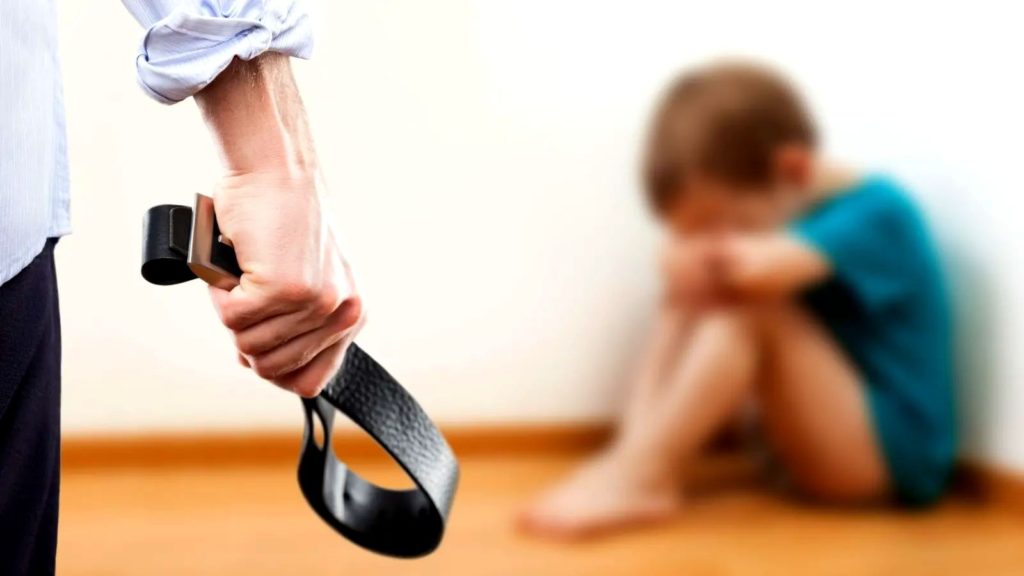More than 46 million children below the age of five experience or are influenced by a form of violence in the Middle East, according to UNICEF. Over hundreds of years, beating up a child to discipline them became a normal parenting act. The Middle East has been oblivious to how normalized child abuse has become. Child abuse in the Middle East is widely spread, and it’s about time to put an end to it.
For a very long time, children have been physically abused. A good beating is a punishment for bad behavior, and sometimes even for no reason, depending on how the parent feels. As adults, they think that physical abuse is a part of parenting, totally unaware of the damage.
When they themselves have children, they raise them the only way they know how to. They beat them up because they themselves have turned up “okay.” Generations upon generations continue to carry the shameful legacy.

The endless cycle of raising youth in toxic circumstances, conditioning them to accept abuse, helps them pass it on to the next generation. With ignorance, lack of awareness, the pain transfers from one body to another.
Just because the children grow up to be fairly functional members of society, doesn’t mean that they haven’t been hurt. Child abuse has harmful effects on the victim, and it could take years to treat.
The aftermath of child abuse
- Low self-esteem: abused children tend to feel less valuable and worthless. This can also lead to feelings of guilt, as if they’re to blame for their abuse because they’re helpless and incompetent.
- Mental illnesses: physically violated children are four times more likely to have mental illnesses such as: anxiety, depression, post-traumatic stress, and unhealthy attachments, to the point where they need prescribed medications.
- Substance abuse: as child maltreatment leads to psychological issues and trauma, as adults, they can start using drugs or alcohol as a coping mechanism to handle their childhood trauma.
- Behavioral and social issues: abused kids grow up to behave negatively. As helpless victims, they might have emotional outbursts, withdrawal, and be violent. That doesn’t help them with their social lives, as they might also have trust issues that can make them insecure, not being able to keep relationships.
With that in mind, adults with traumatic childhoods raise abused children, paving the way for hurt generations. Child abuse births psychologically unstable individuals. They become unable to maintain relationships, have families, raise children, or sometimes even function in the world. Those children are survivors, and as adults, they still fight against the consequences of their traumatic childhoods.

How do we break the cycle?
Through education and awareness campaigns, the parents and children of The Middle East can learn about the effects of child maltreatment. The parents can start taking action and use gentle parenting. Meanwhile, the children need to understand that this is not okay, which helps stop the cycle. Furthermore, there are a lot of ways to report child abuse.
In Egypt, there’s The National Council For Childhood & Motherhood, and people can use the hotline number: 16000 to report child abuse. The UAE’s Ministry of Interior’s Children Protection Center has a hotline as well, and people can report to 116111. Saudi Arabia’s National Family Safety Registry provides a hotline number as well: 116111.
Protect yourselves to protect your kids.



